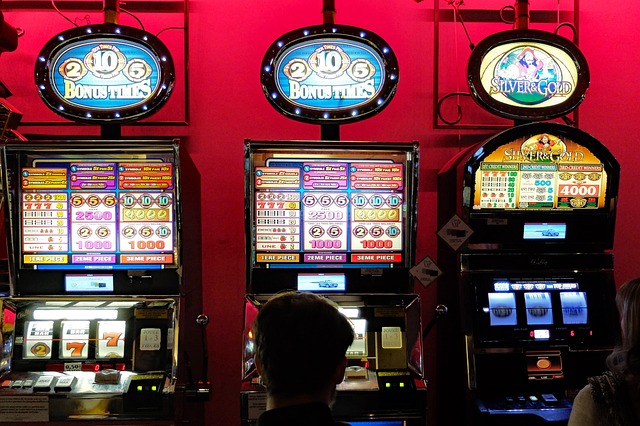Digital casinos no longer mimic games. They replicate factories—without clocks, without walls. Each spin, each tap, becomes a transaction. The player doesn’t produce goods, but data. The user’s time becomes monetized attention, their failure becomes platform success. Platforms like SlotsGet casino don’t offer games. They operate extractive interfaces camouflaged as play. Capital doesn’t need factories—it needs feedback loops.
From play to dependency
What begins as entertainment morphs into compulsion. It is engineered that way. The interface creates cycles: near-misses, small wins, leveling up. These are not coincidences. They’re behavioral triggers. You’re nudged, not guided. You return not for joy but for the incomplete satisfaction. The design mimics a system of managed scarcity. You’re never full, only fed enough to stay.
The algorithm doesn’t sleep
Traditional labor ends with shifts. This doesn’t. The platform remains awake. Data collection is constant. Even inactivity is noted, factored, used. The player’s engagement is a variable in a larger calculus. Behind every colorful bonus lies a matrix of optimization. Nothing is left to chance—not even your hope.
Casinos as digital landlords
Casinos don’t just take money. They occupy psychological space. Like landlords, they profit from your staying. The longer you remain, the more rent they extract—not in shelter, but in clicks. You pay to stay entertained. You pay again to try. And the system ensures you rarely leave with more than you brought. It’s a form of soft eviction—your cash, not your body, is displaced.
The myth of the skillful player
Online gambling platforms push the illusion of mastery. Tips. Strategies. Influencers. But the machine’s design remains opaque. The rules shift invisibly. Return-to-player ratios fluctuate, yet remain unannounced. The player thinks they’re improving. In truth, they’re adjusting to a system designed to resist mastery. Mastery implies transparency. These systems hide their logic by design.
Political silence as business model
No online casino advertises itself as political. But its existence depends on inequality. Gambling platforms grow in moments of despair, unemployment, and inflation. Their profits surge during crisis. And yet, they frame their service as leisure. This disconnection is deliberate. If they acknowledged the system that feeds them, they’d reveal their own dependence on collapse.
The commodification of time

To play is to spend time. But on these platforms, time is currency. Minutes become revenue—for them. Your evening of casual spins is counted, categorized, and converted. Leisure becomes labor, without wages. The user relaxes, but the machine works. It extracts patterns, builds profiles, and refines future bait.
Capitalism’s softest mask
Online casinos wear the softest capitalist face. They don’t sell weapons. They sell dreams. But the logic remains brutal. Loss is the core product. The player is gently guided toward it, not through violence, but through UX design. Smooth transitions, calming tones, notifications that feel like praise. It’s not just manipulation. It’s hospitality in service of profit.
The monetization of precarity masquerading as play
Beneath the polished surface of digital gambling lies a deeper apparatus: the algorithmic monetization of precarity. These platforms do not merely capitalize on risk—they algorithmically cultivate it. Volatility, here, is not incidental but infrastructural. Players are enticed into engagement precisely because their economic uncertainty renders them more malleable to loss. Austerity becomes a precondition for entertainment, and SlotsGet casino becomes not a venue of escape but a feedback loop of systemic extraction, where hope is operationalized as capital’s camouflage.
Algorithmic speculation as behavioral governance
The interface no longer responds to users; it anticipates them. Predictive algorithms don’t just suggest—they govern. Each decision, hesitation, and withdrawal is recursively fed into a behavioral matrix that recalibrates probabilities and offer structures in real time. This is not chance. It is a managed choreography of expectation and reward. The player thinks they navigate options. In truth, they perform within constraints architected to minimize deviation from profit-yielding behavior. Autonomy becomes affective residue, and the illusion of choice functions as ideological glue.


